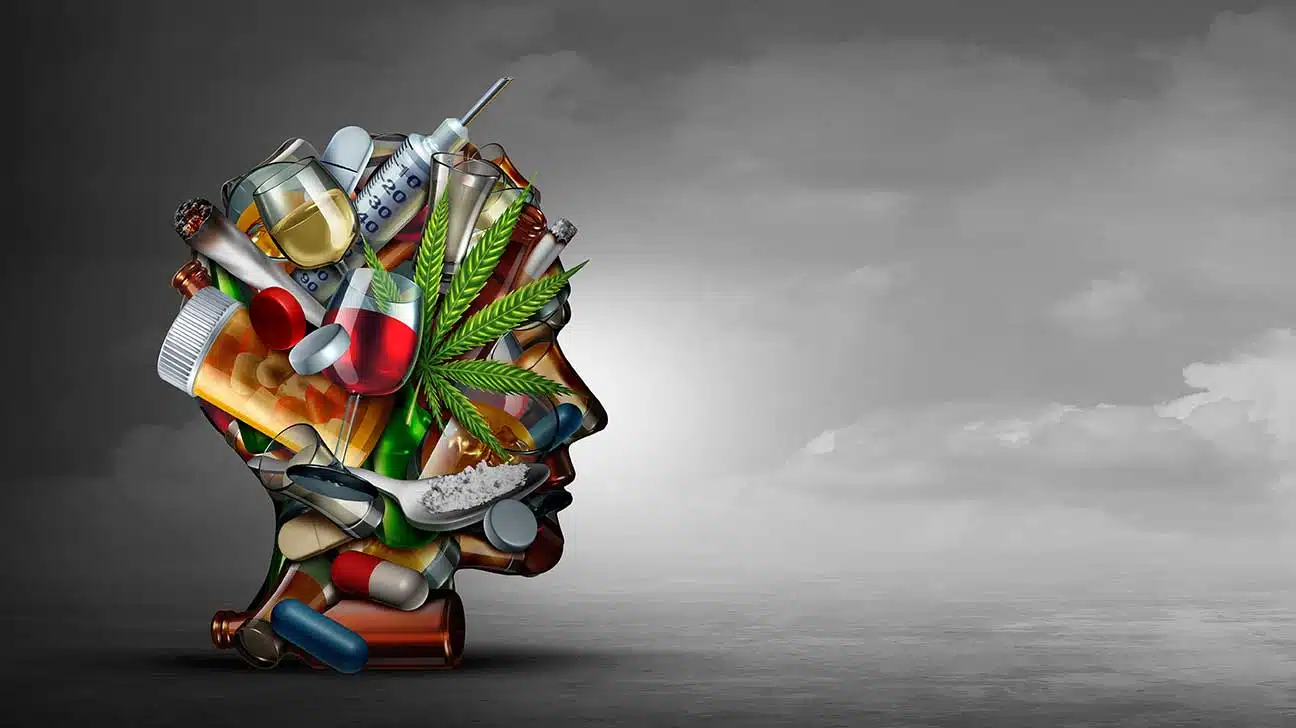
According to the Centers for Disease Control and Prevention (CDC), almost 40% of Americans had public (government-funded) insurance in 2022 and over 60% had private insurance.
While most people in the U.S. do have health insurance, and while health insurance providers must offer some form of coverage for substance use disorder (SUD) care, not all treatment options are always covered.
What Types Of Addiction Treatment Are Covered By Insurance?
Whether public or private, health insurance plans must offer some coverage for substance abuse treatment.
Depending on the terms of your policy, levels of care covered by insurance include:
- medical detox
- outpatient treatment
- intensive outpatient program (IOP)
- medication-assisted treatment (MAT)
- inpatient treatment
- aftercare
This means that, in general, you can get coverage for most of the continuum of care for addiction treatment.
Addiction Treatment Options Covered By Health Insurance
Within the levels of care mentioned above, there are treatment options that are generally covered by insurance companies. Be sure to check with your provider for details.
Behavioral Health Treatment
Coverage of addiction treatment programs includes behavioral health services such as counseling and psychotherapy.
This means that insurance companies will cover:
- substance abuse or addiction counseling
- cognitive behavioral therapy (CBT)
- motivational interviewing (MI)
- dialectical behavior therapy (DBT)
- individual therapy
- group therapy
- family therapy
- dual diagnosis treatment
These therapy approaches are fundamental to addiction treatment due to their ability to get at the root of addiction and provide healthy coping skills for stress and negative thoughts or emotions.
Medication-Assisted Treatment (MAT)
MAT uses medications approved by the U.S. Food and Drug Administration (FDA) to treat SUDs, particularly opioid and alcohol use disorders.
Many of the medications that treatment providers use are designed to address withdrawal symptoms and cravings related to opioid use, including heroin, and alcohol use.
Medications for opioid use disorder (OUD) include:
- buprenorphine
- Suboxone
- methadoneop’
- naltrexone
Medications for alcohol use disorder (AUD) include:
- naltrexone
- disulfiram
- acamprosate
Insurance companies may not cover certain medications, but they do normally cover some form of MAT.
This includes psychotropic medications for co-occurring mental health disorders such as depression, anxiety disorders, and personality disorders.
Protections Of Insurance Coverage
In the last two decades, there have been two significant acts passed into law that affect SUD coverage by health insurance companies.
These are the Mental Health Parity and Addiction Equity Act and the Affordable Care Act.
The Mental Health Parity and Addiction Equity Act (MHPAEA)
The MHPAEA was passed into law in 2008. It requires that insurance providers of group health plans provide the same level of mental health care and addiction treatment as they would for other medical issues.
This was a significant action because it essentially declared that treatment of mental health disorders and SUDs is just as important as medical and surgical treatments.
At the time this meant that if you have a health insurance plan through your company, you were guaranteed some level of coverage.
The problem with the MHPAEA was that people who were not on a group policy through a company of 50 or more employees did not receive this protection.
The Affordable Care Act (ACA)
The ACA (“Obamacare”) came about in 2010 and, among other things, made health insurance more affordable for individuals, families, and small business owners.
It also extended protection for mental health and addiction treatment services to people who had health insurance outside of group health plans.
Currently, people who have health insurance and are facing substance abuse will receive insurance coverage for many aspects of treatment.
What Does Insurance Not Cover?
Typically, insurance companies are not going to cover what they consider non-essential treatment. If they believe that a treatment is unproven or experimental, they likely won’t offer coverage.
Addiction treatment services not covered by insurance may include:
- yoga
- acupuncture
- meditation
- reiki
That said, insurance companies are required by law to cover medically necessary, evidence-based treatment for drug and alcohol addiction.
But be sure to consult your insurance provider for the specifics of your plan, because factors like your deductible and copays could affect your out-of-pocket expenses.
Find Substance Abuse Treatment Today
If you or a loved one is facing substance abuse, call us today to learn about treatment options, the recovery process, and how to get started.
Addiction Resource aims to provide only the most current, accurate information in regards to addiction and addiction treatment, which means we only reference the most credible sources available.
These include peer-reviewed journals, government entities and academic institutions, and leaders in addiction healthcare and advocacy. Learn more about how we safeguard our content by viewing our editorial policy.
- Center for Medicare Advocacy - Medicare Coverage of Mental Health and Substance Abuse Services
https://medicareadvocacy.org/medicare-info/medicare-coverage-of-mental-health-services/ - Fair Health Consumer - Getting Covered for Alternative Medicine
https://www.fairhealthconsumer.org/insurance-basics/your-costs/getting-covered-for-alternative-medicine#:~:text=Your%20plan%20may%20cover%20alternative,he%20or%20she%20be%20licensed.&text=Cover%20the%20Treatment-,Your%20insurer%20may%20deny%20a%20claim%20for%20a%20treatment,think%20it's%20experimental%20or%20unproven. - HealthCare.gov - Health benefits & coverage
https://www.healthcare.gov/coverage/mental-health-substance-abuse-coverage/ - Medicaid.gov - Substance Use Disorders
https://www.medicaid.gov/medicaid/benefits/behavioral-health-services/substance-use-disorders/index.html - National Center For Health Statistics - Health Insurance Coverage: Early Release of Estimates From the National Health Interview Survey, 2022
https://www.cdc.gov/nchs/data/nhis/earlyrelease/insur202305_1.pdf - Substance Abuse and Mental Health Services Administration (SAMHSA) - Laws and Regulations
https://www.samhsa.gov/about-us/who-we-are/laws-regulations - U.S. Department of Health and Human Services - Does Insurance Cover Treatment for Opioid Addiction?
https://www.hhs.gov/opioids/treatment/insurance-coverage/index.html - U.S. Department of Health and Human Services - Mental Health and Substance Use Insurance Help
https://www.hhs.gov/programs/health-insurance/mental-health-substance-use-insurance-help/index.html


